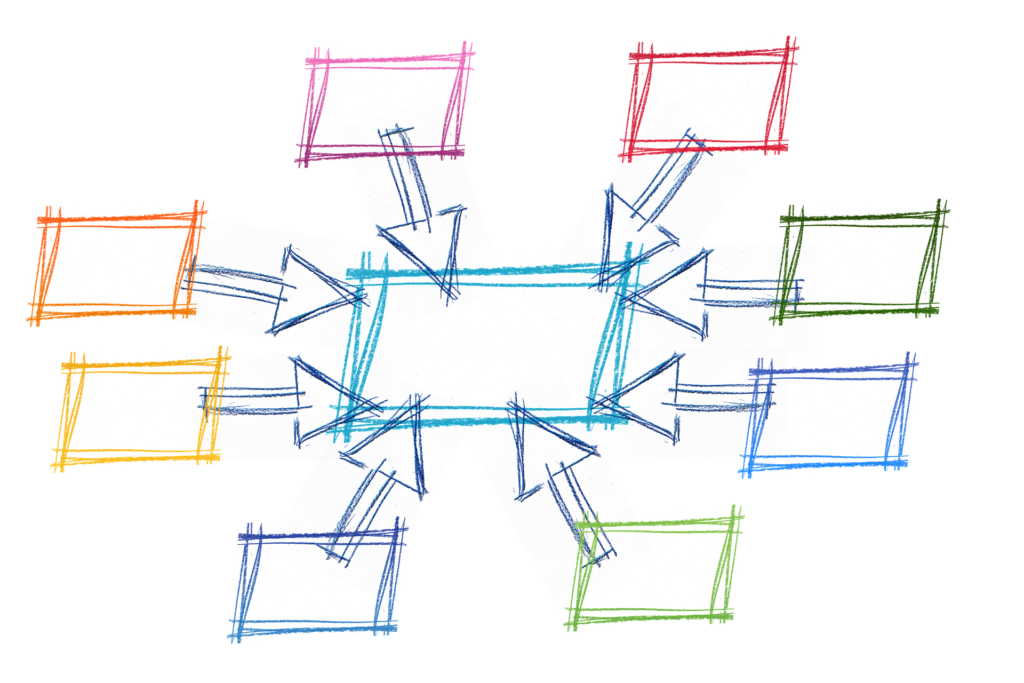
By measuring student activity and presenting actionable data, learning analytics can provide a sense of how a student is behaving relative to their peers. This information can be used to benefit students in a personalized manner; to stretch and encourage those who are performing well, to facilitate self-reflection and goal setting for those who need to make small improvements, and to identify those students in need of proactive support in order to improve their outcomes.
Learning analytics has the potential to bring together data from across different areas of the institution and to connect different strands of support, to facilitate a joined-up approach to increasing student success.
Linked to this, is the potential of learning analytics to provide timely warning signs that enable institutions to intervene early enough to reduce the risk of early departure, or academic under- achievement. This is likely to be of most benefit to students from disadvantaged backgrounds, particularly those who lack the ‘cultural capital’ of how to succeed in a Higher Education (HE) environment.
Learning analytics has a lot of potential, however, our experience (particularly our work in the Erasmus+ KA2 ABLE project) shows that unlocking this potential is a non-trivial task. Therefore, this project will focus on the building institutional capacity (including staff and student awareness, staff data literacy and effective policy development) to effectively utilize learning analytics or other early warning systems to promote social inclusion.
Big data and learning analytics are highly active research areas. As technology advances, the ability to leverage data to gain additional insights increases, but this does not necessarily translate to the ability to bring about change as a result of these insights. To act effectively based on information from learning analytics a person needs to understand and trust it, to feel that acting on the information is important and appropriate, and to know how to act.
This project will test interventions using a three stage model: prompts, communication and actions. We believe that practical advice and guidance at each of these stages is vital for the effective transfer the latest research outputs from big data and learning analytics into education. The project is technology-oriented, but will not be reliant upon any individual system or proprietary software.
Alternative Focus
Instead, the focus will be on the instructional scaffolding that is required to act effectively on insights from data. We will develop a series of outputs that will enable institutions, academic managers or individual staff to develop their own practices supporting students, including practices that empower students to take the first steps in seeking help. Outputs will include: conference and academic papers, training materials and policy advice all focused on enabling staff to intervene more effectively.

